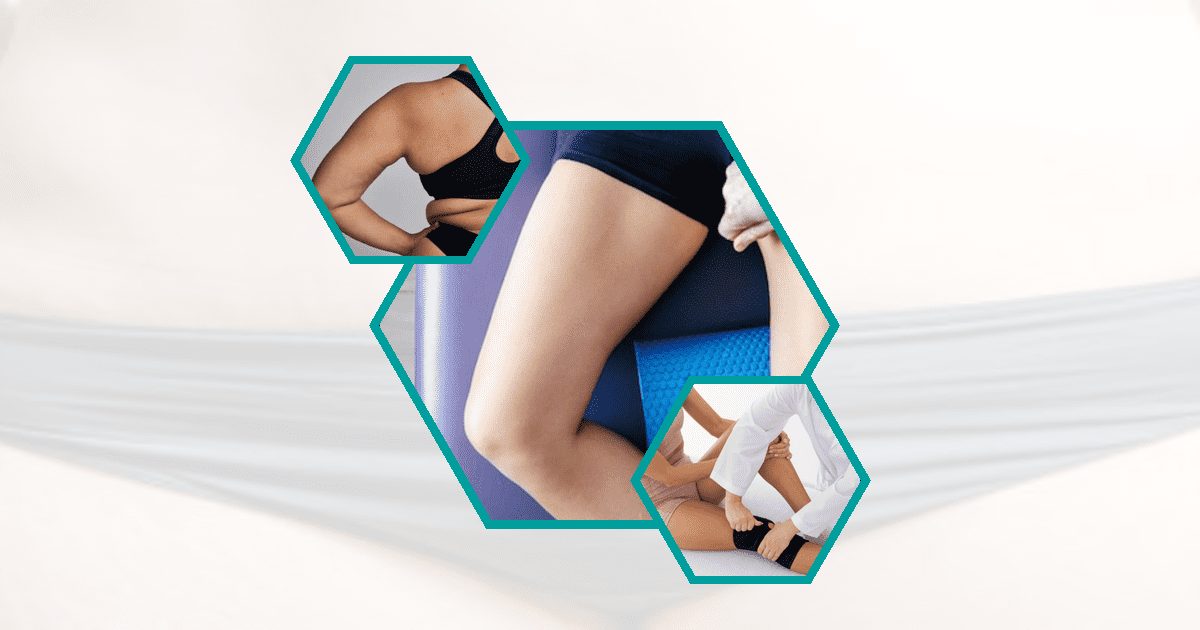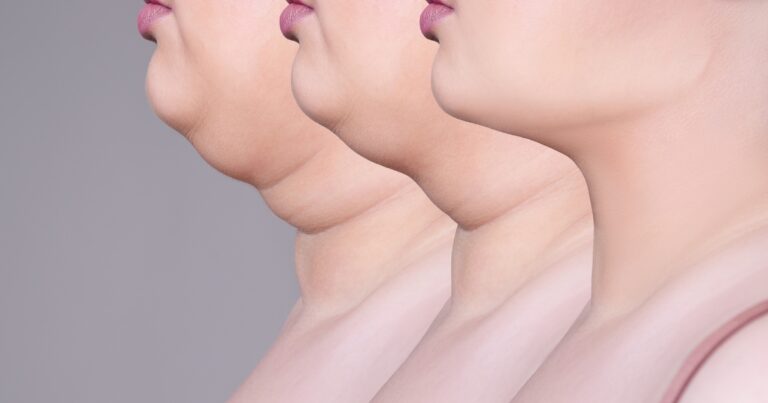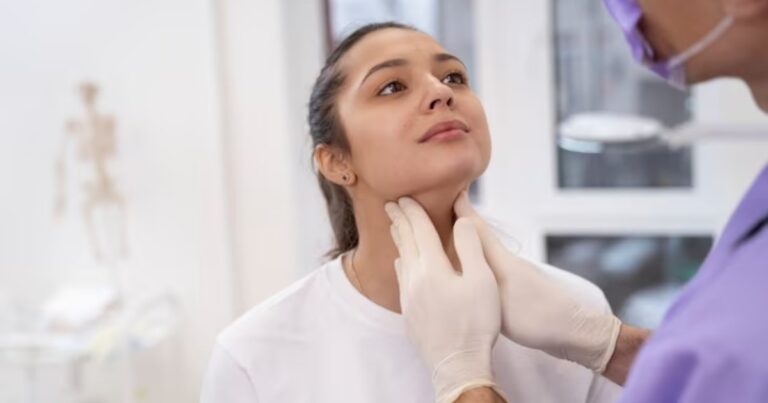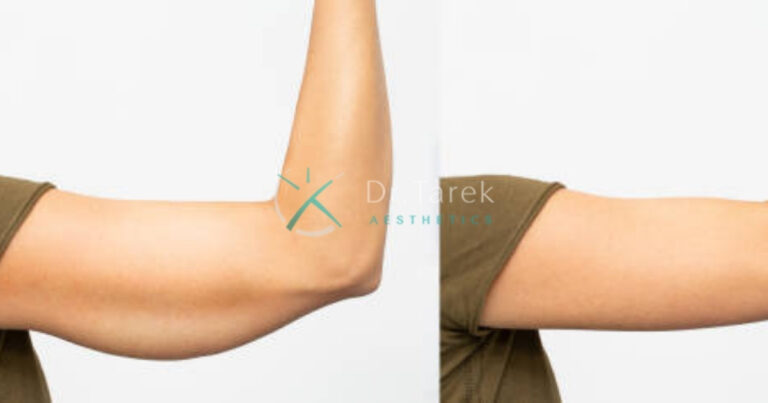Understanding Diastasis Recti
Diastasis recti is a condition characterized by the separation of the abdominal muscles, often occurring after pregnancy. This separation can lead to a protruding belly, back pain, and a weakened core. Understanding the nature of diastasis recti is crucial for exploring effective treatment options. The condition is not just a cosmetic concern but can also impact physical health and quality of life.
Targeted Fat Extraction is a way to remove fat from specific body parts
it helps people shape their body by taking out unwanted fat in chosen areas
The Role of Liposuction in Abdominal Contouring
Liposuction is a popular cosmetic procedure aimed at removing excess fat and improving body contour. While it primarily targets fat reduction, its role in abdominal contouring can complement other treatments for diastasis recti. By removing stubborn fat deposits, liposuction can enhance the overall appearance of the abdomen, making it a valuable tool for achieving a more toned look.
- Liposuction targets localized fat deposits.
- It enhances the aesthetic outcome of abdominal procedures.
- It can be combined with other treatments for comprehensive results.
Diastasis Recti Treatment Options
Non-Surgical Approaches
Non-surgical treatments for diastasis recti focus on strengthening the core muscles and improving posture. Physical therapy and specific exercises can help reduce the gap between the abdominal muscles. These approaches are often recommended as the first line of treatment, especially for mild cases.
- Core-strengthening exercises
- Physical therapy sessions
- Posture correction techniques
Surgical Interventions
For more severe cases of diastasis recti, surgical interventions may be necessary. Procedures like abdominoplasty, commonly known as a tummy tuck, can effectively repair muscle separation. Surgery is often considered when non-surgical methods fail to provide satisfactory results.
Book A Consultation With Dr Tarek Bayazid
Top-rated Plastic Surgeon For Liposuction in Dubai
Installment Plan Available
- Abdominoplasty for muscle repair
- Surgical tightening of the abdominal wall
- Consideration of patient-specific factors
Combining Liposuction with Diastasis Repair
Combining liposuction with diastasis repair can offer enhanced results. While liposuction addresses excess fat, surgical repair focuses on muscle separation. This combination can lead to a more comprehensive transformation of the abdominal area.
- Enhanced aesthetic outcomes
- Comprehensive treatment approach
- Improved patient satisfaction
Liposuction Techniques for Abdominal Sculpting
Traditional Liposuction
Traditional liposuction involves the use of a cannula to suction out fat from targeted areas. It is a well-established technique that can effectively contour the abdomen. However, it may not address muscle separation directly.
- Effective for fat removal
- Established safety profile
- Requires skilled practitioners
VASER Liposuction
VASER liposuction uses ultrasound technology to break down fat cells before removal. This technique allows for more precise sculpting and can be gentler on surrounding tissues. It is particularly beneficial for patients seeking detailed contouring.
- Ultrasound-assisted fat removal
- Precision in sculpting
- Reduced tissue trauma
Power-Assisted Liposuction (PAL)
Power-assisted liposuction utilizes a vibrating cannula to facilitate fat removal. This method can be quicker and less physically demanding for the surgeon, potentially leading to shorter procedure times and enhanced results.
- Efficient fat removal process
- Reduced surgeon fatigue
- Potential for quicker recovery
Benefits of Liposuction for Diastasis Recti Patients
Improved Abdominal Contour
Liposuction can significantly improve the contour of the abdomen by removing excess fat. This improvement can enhance the overall appearance and boost the confidence of patients dealing with diastasis recti.
- Enhanced body silhouette
- Increased self-confidence
- Complementary to muscle repair
Enhanced Muscle Definition
By removing fat layers, liposuction can reveal underlying muscle definition. This can be particularly beneficial for patients who have undergone muscle repair for diastasis recti, as it highlights the results of the surgery.
- Reveals muscle tone
- Complements surgical outcomes
- Aesthetic enhancement
Potential for Faster Recovery
Liposuction techniques have evolved to become less invasive, potentially leading to faster recovery times. This can be advantageous for patients looking to resume their daily activities sooner.
- Minimally invasive options
- Shorter downtime
- Quicker return to normal activities
Limitations of Liposuction for Diastasis Recti
Addressing Muscle Separation
While liposuction is effective for fat removal, it does not address the muscle separation inherent in diastasis recti. Patients may require additional procedures to repair the abdominal muscles.
- Does not repair muscle separation
- May require complementary surgery
- Focuses on fat reduction
Skin Laxity Concerns
Liposuction can sometimes lead to skin laxity, especially in patients with significant fat removal. This concern may necessitate additional procedures to tighten the skin and achieve optimal results.
- Potential for loose skin
- May require skin tightening
- Consideration of skin elasticity
When Additional Procedures May Be Necessary
In some cases, liposuction alone may not achieve the desired results. Patients with diastasis recti might need additional procedures, such as a tummy tuck, to address both fat and muscle concerns comprehensively.
- Need for comprehensive treatment
- Combination with other surgeries
- Tailored approach for best outcomes
The Consultation Process with Dr. Tarek
Physical Examination
During the consultation, Dr. Tarek will conduct a thorough physical examination to assess the extent of diastasis recti and determine the best treatment approach. This step is essential for creating a personalized treatment plan.
- Comprehensive assessment
- Evaluation of muscle separation
- Tailored treatment recommendations
Discussing Treatment Goals
Dr. Tarek will discuss the patient’s treatment goals and expectations. This conversation helps align the surgical plan with the patient’s desired outcomes, ensuring a satisfactory experience.
- Open discussion of goals
- Alignment of expectations
- Personalized approach
Customized Treatment Planning
Based on the examination and discussion, Dr. Tarek will develop a customized treatment plan. This plan may include liposuction, muscle repair, or a combination of procedures to achieve the best results.
- Individualized treatment strategy
- Consideration of patient preferences
- Comprehensive care plan
Recovery and Results
Post-Operative Care
Proper post-operative care is crucial for a smooth recovery. Patients will receive detailed instructions on managing discomfort, caring for incisions, and recognizing signs of complications.
- Detailed care instructions
- Monitoring for complications
- Importance of follow-up visits
Timeline for Visible Improvements
Patients can expect to see visible improvements in their abdominal contour within a few weeks. However, full results may take several months as swelling subsides and tissues heal.
- Initial improvements in weeks
- Full results in months
- Gradual enhancement over time
Long-Term Outcomes
With proper care and maintenance, the results of liposuction and diastasis recti repair can be long-lasting. Patients are encouraged to maintain a healthy lifestyle to preserve their new abdominal contour.
- Long-lasting results
- Importance of lifestyle maintenance
- Commitment to healthy habits
Combining Liposuction with Other Procedures
Tummy Tuck (Abdominoplasty)
Combining liposuction with a tummy tuck can address both fat and muscle concerns. This comprehensive approach can lead to more dramatic improvements in abdominal contour.
- Comprehensive fat and muscle treatment
- Enhanced aesthetic outcomes
- Popular combination procedure
Muscle Repair Techniques
Incorporating muscle repair techniques with liposuction can effectively address diastasis recti. This combination ensures both fat removal and muscle tightening for optimal results.
- Effective muscle tightening
- Complementary to liposuction
- Improved abdominal strength
Non-Invasive Skin Tightening
For patients concerned about skin laxity, non-invasive skin tightening procedures can be combined with liposuction. These treatments can enhance skin elasticity and improve overall results.
- Non-surgical skin tightening options
- Enhanced skin elasticity
- Complementary to liposuction
Cost Considerations
Factors Affecting Pricing
The cost of liposuction and diastasis recti repair can vary based on several factors, including the surgeon’s experience, the complexity of the procedure, and geographic location.
- Surgeon experience and expertise
- Procedure complexity
- Geographic location
Insurance Coverage
Insurance coverage for liposuction and diastasis recti repair may vary. Patients should check with their insurance provider to determine if any portion of the procedure is covered.
- Insurance policy review
- Coverage for medical necessity
- Patient responsibility
Financing Options
For patients concerned about the cost, financing options may be available. Many clinics offer payment plans to make procedures more accessible to a wider range of patients.
- Payment plan availability
- Financing through clinics
- Accessibility of procedures
Statistics and Research
Prevalence of Diastasis Recti
Diastasis recti is a common condition, particularly among postpartum women. According to research, it affects a significant percentage of women after childbirth, highlighting the need for effective treatment options.
Study | Prevalence Rate |
Source: NCBI | 60% of postpartum women |
Success Rates of Liposuction for Abdominal Contouring
Liposuction is a highly successful procedure for abdominal contouring, with high patient satisfaction rates. It remains one of the most popular cosmetic surgeries worldwide.
Year | Success Rate |
2020 | 90% Satisfaction |
Patient Satisfaction with Combined Procedures
Combining liposuction with other procedures, such as muscle repair, can lead to higher patient satisfaction. Studies show that patients appreciate the comprehensive approach to addressing both fat and muscle concerns.
Study | Satisfaction Rate |
|
Source: ASJ | 85% satisfaction with combined procedures | 00) |
FAQ’s
Can liposuction help diastasis recti without surgery?
Liposuction alone cannot repair the muscle separation associated with diastasis recti. It is primarily a fat removal procedure and does not address the underlying muscle issue. Patients may require additional surgical interventions for comprehensive treatment.
How effective is liposuction for diastasis recti compared to other treatments?
Liposuction is effective for fat removal but does not directly treat diastasis recti. It can be a valuable component of a comprehensive treatment plan when combined with muscle repair procedures. Effectiveness varies based on individual patient needs and goals.
What is the recovery time for liposuction to address diastasis recti?
Recovery time for liposuction varies but generally ranges from a few days to a couple of weeks. Patients can expect to resume normal activities within a few weeks, although full recovery may take longer. Following post-operative care instructions is crucial for optimal healing.
Are the results of liposuction for diastasis recti permanent?
The results of liposuction can be long-lasting if patients maintain a healthy lifestyle. However, factors such as weight gain or pregnancy can affect the longevity of results. Patients should commit to healthy habits to preserve their new abdominal contour.







